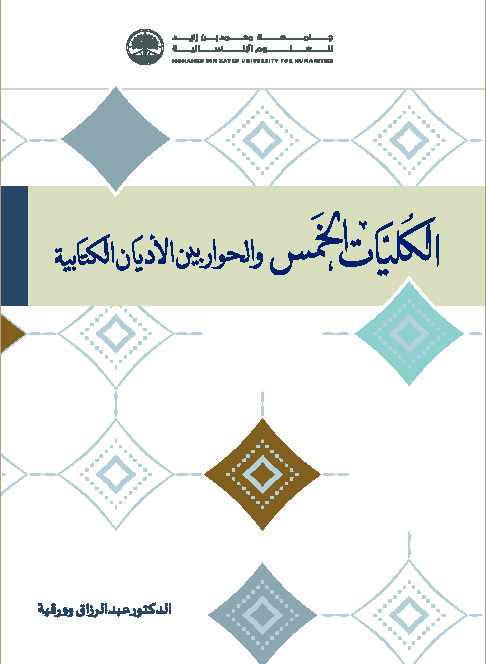This book explores a foundational concept in classical Islamic jurisprudence: that the Shari’a encompasses the five universals essential to human life—religion, soul, intellect, dignity, and property. These shared values provide a strong basis for dialogue and collaboration among followers of the Abrahamic faiths. The author begins by highlighting the innate qualities common to all human beings, particularly reason and spirituality. He then examines parallels among Jewish, Christian, and Islamic legal traditions through their sacred texts, interpretations, and historical contexts. The study demonstrates that preserving these five universals offers a meaningful framework for interfaith cooperation. The book further identifies areas of joint action, including the protection of family values, moral systems, peacebuilding, religious and cultural pluralism, and environmental stewardship. By working together on these shared goals, people of different faiths can help humanity thrive in accordance with the higher aims of divine law, building a world rooted in common values and mutual respect.



